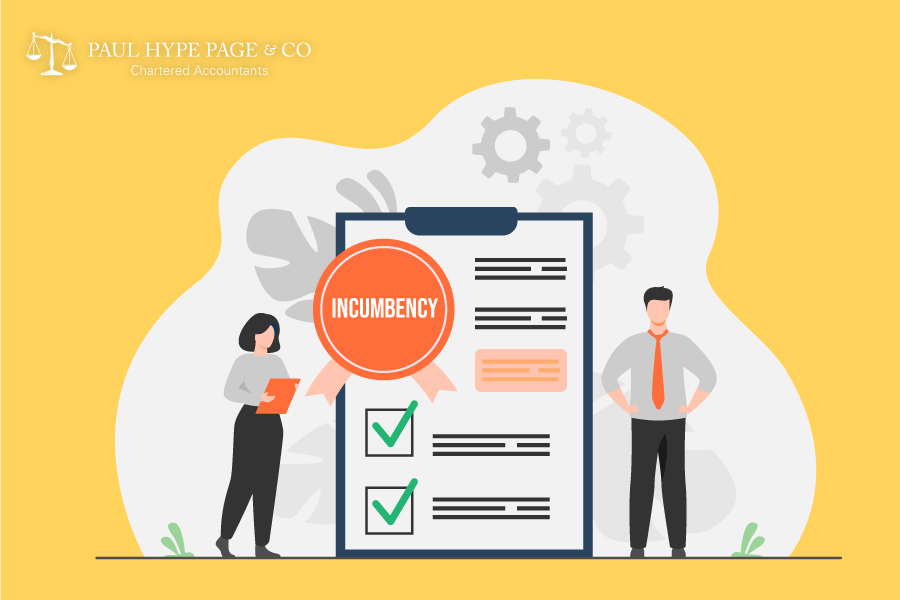Statutory audits are defined as official assessments of the financial records of a business. They are conducted in a manner which is adherent to the official government standards and regulations of the country in which the business is located.
The scope of a statutory audit is defined by the relevant government agency or agencies of the country in which the audit is to take place. Most companies in Singapore are required to undergo statutory audits. The government authority which oversees all statutory audits which take place in Singapore today is the Accounting and Corporate Regulatory Authority (ACRA).
Please contact a company secretary for more details.
Company Statutory Audits in Singapore
When a Singapore company undergoes a statutory audit, there is specific information which is analysed. Such information includes:
- Statement of profit or loss and comprehensive income
- Statement of cash flows including the notes to the financial statements
- Statement of the company’s financial position
- Statement of changes in equity
- Summary of all of the company’s primary accounting policies
Each of these must be analysed by the auditors in order for the company’s statutory audit to be completed.
Law for Statutory Audits in Singapore
Companies which are to undergo audits according to the business laws of Singapore must do so in order for ACRA and other government authorities to ensure that such a company is compliant with the directions stipulated by the regulatory bodies of Singapore. Every Singapore-based company which is required to undergo the process of statutory auditing must appoint a qualified auditor within three months of its incorporation date.
Depending on the business in question, the auditing process can sometimes be an internal requirement which is imposed to determine the veracity and reliability of the company’s own financial report. For this reason, it is possible for a Singapore company to voluntarily undergo one or more statutory audits at any time.
Singapore’s laws related to statutory audits also specify the punishments to be imposed on any company which is found to have been in violation of the statutory audit laws. Such violations may include the failure to appoint an auditor within the stipulated three-month period following the company’s incorporation as well as the submission of misleading or fraudulent information regarding the audit to ACRA or any other authorities. Punishments for such offenses include fines as well as default penalties.
Companies Exempted from Statutory Audits in Singapore
An important point to be noted is the fact that not every company based in Singapore is legally obliged to undergo any statutory audits. Companies which have officially been defined as small companies do not have to be audited. Any company which is a private company during a particular financial year and fulfils at least two of the three following criteria:
Companies which are part of a group defined to be a small group while also fulfilling the criteria which have been mentioned also do not have to undergo any statutory audits. Should the company in question no longer be a private company at any time during a particular financial year or fail to fulfill at least two of the three defining criteria over the two immediately preceding financial years, the company will no longer be defined as a small company and will therefore have to undergo statutory audits.
As such, it is extremely important for companies to have a local company secretary advising them of proper regulations.
Group Company Audit Requirement
A group company comprises a holding company and its subsidiaries, all subject to a common controlling entity. To avoid the annual audit of their accounts, both the holding company and its subsidiaries must meet at least two of the qualifying conditions for small company audit exemption individually.
Furthermore, to be considered a “small group,” encompassing all companies within the group, two out of the following three conditions must be satisfied over the immediate two preceding financial years:
Put simply, for the group company to qualify for the audit exemption, each subsidiary company, as well as the holding company, must independently meet the eligibility criteria of a small company. In addition, as a collective entity, they must meet the conditions required for the group to be considered a small group.
By meeting these criteria, the group company can enjoy the exemption from the annual audit, streamlining the auditing process for companies that fulfill the qualifying conditions for small company audit exemption and meet the criteria of a small group.
Why Singapore Audit law is superior to other jurisdictions
It is now made clear that if you are defined as a small company, you are exempted from the audit requirement. Most small-medium sized enterprises would fall under this and thus be exempted from audit. This saves them a market rate of SGD$4,000 a year.
In contrast, most SMEs in Malaysia have to perform audits if your revenue exceeds RM100,000. Details of exemption are as below:
Malaysia private companies that qualify for audit exemption:
(a) Dormant companies
(b) Zero-Revenue Companies
(c) Threshold-Qualified Companies if
- it has revenue not exceeding RM100,000 during the current financial year and in the immediate past two (2) financial years;
- its total assets in the current Statement of Financial Position (FS) does not exceed RM300,000 and in the immediate past two (2) financial years; and
- it has, at the end of its current financial year and in each of its immediate past two (2) financial years end, not more than five (5) employees.
As such, it is extremely important for companies to have a local company secretary advising them of proper regulations.
Penalties for Non-Compliance
Failure to appoint an auditor within the required timeframe or providing misleading information to ACRA (Accounting and Corporate Regulatory Authority) in Singapore is considered a punishable offense, which may result in penalties.
According to Section 173A(1) of the Act, a company is obligated to furnish a notice to the Registrar in two instances:
Non-compliance with the aforementioned sections constitutes an offense under Section 173H(1) of the Act. In such cases, every officer of the company who is found to be at fault will be deemed guilty of an offense and may face penalties upon conviction. The penalties may include a fine not exceeding $5,000 and a default penalty.
It is crucial for companies and their officers to adhere to the stipulated deadlines and requirements to appoint auditors and provide accurate information to ACRA. By doing so, they can avoid legal repercussions and maintain compliance with the regulations governing company operations in Singapore.
FAQs
An Income Certificate is an official document issued by a State Government authority certifying the annual income of an individual or their family. This certificate serves as proof of the person’s or family’s income for various purposes such as availing government schemes, applying for scholarships, or seeking reservations or benefits based on income criteria.
A Share Certificate is an official, legally binding document issued and signed by a company to identify the owners of its issued shares. When a company provides share certificates, it serves as tangible evidence of a shareholder’s ownership stake in the company.
Annual Financial Audits are processes involving the examination of a company’s financial statements by a licensed auditor or public accountant every year. According to the Singapore Company Act, private limited companies operating in Singapore are required to undergo an Annual Financial Audit.
A Special Purpose Audit is an audit conducted when reports on particular financial information for specific objectives and designated users are required, as opposed to the overall audit of financial statements.
Auditing services are professional services that provide compliant financial statements and ensure that the finances are in order before communicating to key stakeholders.
An auditing service cost is dependent on the amount of work needed to be done and typically starts from S$4,500.
The timeframe for auditing is very dependent on the capacity and complexity of your business. It is usually derived after initial consultation with the audit firm.
Every company must have its financial statements and accounting records audited at least once a year. Only companies which fulfil the criteria for audit exemptions do not have to be audited.
Yes, your company will still be required to file your annual financial statements even if your company is exempted. However, they do not need to be officially audited.
You should nominate at least one auditor within 3 months after your company is incorporated.
Only the Singapore-based companies which have fulfilled the criteria for audit exemptions are allowed to remain unaudited. This is also true of all foreign companies based in Singapore.
Only the Singapore-based companies which have fulfilled the criteria for audit exemptions are allowed to remain unaudited. This is also true of all foreign companies based in Singapore.
The Singapore Companies Act states that every company, including a private company, must have its financial statements and accounting records audited at least once every year. Only companies which fulfill the criteria for audit exemptions do not have to be audited.
Small companies in Singapore do not have to be audited. Small companies are defined as private limited companies which have
- less than S$10 million worth of total annual revenue,
- less than S$10 million worth of total assets over a specific financial year, and
- fewer than 50 employees at the conclusion of a specific financial year.
Companies which are part of group companies are also exempt if the entire group fulfills a minimum of two of the preceding criteria and has done so over the immediately preceding two financial years.
About The Author
Share This Story, Choose Your Platform!
Related Business Articles




